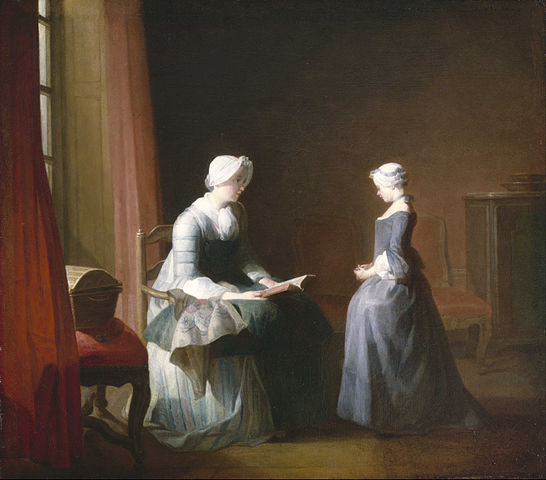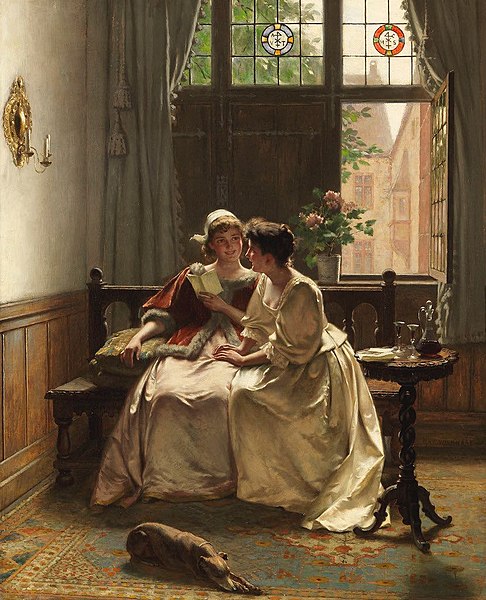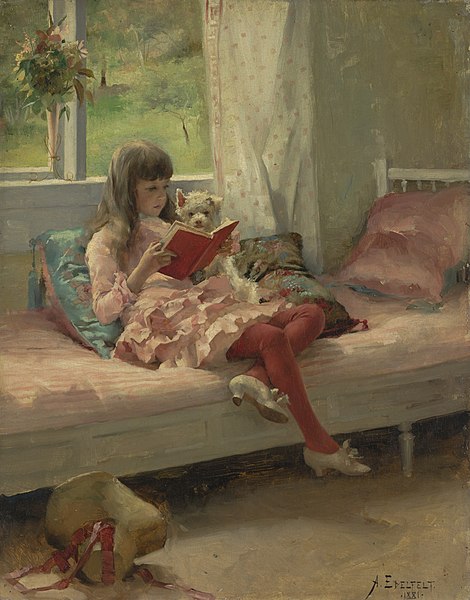
Each 5 ِApril is celebrated as United Nations (UN) International Day of Conscience. Conscience has been defined as the ability to recognize whether one’s actions are right or wrong.
The Thammasat University Library collection includes many books on different aspects of conscience.
For the past thousand years or so, conscience has been understood as the faculty of knowing what is right, originally especially in terms of ethics. Later, it also grew to mean awareness that acts for which one feels responsible do or do not conform to one’s ideal of right, or more generally, a sense of fairness or justice, a moral sense.
The word derives from a Latin meaning a shared knowledge of something, a knowing of a thing together with another person; consciousness, knowledge, especially knowledge within oneself, sense of right and wrong, a moral sense.
The UN website notes,
Promoting a Culture of Peace with Love and Conscience
The preamble to the Universal Declaration of Human Rights states that “disregard and contempt for human rights have resulted in barbarous acts which have outraged the conscience of humankind, and the advent of a world in which human beings shall enjoy freedom of speech and belief and freedom from fear and want has been proclaimed as the highest aspiration of the common people.” Moreover, article 1 of the Declaration states that “all human beings are born free and equal in dignity and rights and are endowed with reason and conscience and should act towards one another in a spirit of brotherhood.”
The task of the United Nations to save future generations from the scourge of war requires transformation towards a culture of peace, which consists of values, attitudes and behaviours that reflect and inspire social interaction and sharing based on the principles of freedom, justice and democracy, all human rights, tolerance and solidarity, that reject violence and endeavour to prevent conflicts by tackling their root causes to solve problems through dialogue and negotiation and that guarantee the full exercise of all rights and the means to participate fully in the development process of their society.
Conscious of the need for the creation of conditions of stability and well-being and peaceful and friendly relations based on respect for human rights and fundamental freedoms for all without distinction as to race, sex, language or religion, the General Assembly declared 5 April the International Day of Conscience.
The General Assembly invited all Member States, organizations of the United Nations system and other international and regional organizations, as well as the private sector and civil society, including non-governmental organizations and individuals, to build the Culture of Peace with Love and Conscience in accordance with the culture and other appropriate circumstances or customs of their local, national and regional communities, including through quality education and public awareness-raising activities, thereby fostering sustainable development.
Origins of a Culture of Peace
The concept of a culture of peace emerged from the International Congress on Peace in the Minds of Men, organized by the United Nations Educational, Scientific and Cultural Organization (UNESCO) in Côte d’Ivoire in July 1989. Since then the promotion of a culture of peace has increasingly been seen as a worthwhile objective of the international community. The evolving concept has inspired activities at so many levels and in so many regions with the full participation of civil society that the culture of peace is gradually taking on the characteristics of a global movement…

Here are some thoughts about conscience by authors, most of whom are represented in the Thammasat University Library collection:
A bad conscience does not necessarily signify a bad character.
- Hannah Arendt
If Man makes Conscience, then being good
Is only being worldly wise,
And universal brotherhood
A comfortable compromise.
- Alfred Austin, The Door of Humility (London: Macmillan and Co., 1906)
If all the world hated you, and believed you wicked, while your own conscience approved you, and absolved you from guilt, you would not be without friends.
- Charlotte Brontë in Jane Eyre (1847)
A quiet conscience makes one so serene!
Christians have burnt each other, quite persuaded
That all the Apostles would have done as they did.
- Lord Byron, Don Juan (1818-24), Canto I, Stanza 83.
My idea, mamma, is that all our trouble is because there is so little conscience in people. I see through things, mamma, and I understand. If a man has a stolen shirt I see it. A man sits in a tavern and you fancy he is drinking tea and no more, but to me the tea is neither here nor there; I see further, he has no conscience. You can go about the whole day and not meet one man with a conscience. And the whole reason is that they don’t know whether there is a God or not.
- Anton Chekhov, “In the Ravine” (1900)
God is conscience. He is even the atheism of the atheist.
- Mahatma Gandhi, “God is All Things to All Men,”
The relationship between the individual and God, the God-relationship, is the conscience.
- Søren Kierkegaard, Works of Love (1847)
On some positions, Cowardice asks the question, “Is it safe?” Expediency asks the question, “Is it politic?” And Vanity comes along and asks the question, “Is it popular?” But Conscience asks the question “Is it right?” And there comes a time when one must take a position that is neither safe, nor politic, nor popular, but he must do it because Conscience tells him it is right. I believe today that there is a need for all people of good will to come together with a massive act of conscience and say in the words of the old Negro spiritual, “We ain’t goin’ study war no more.” This is the challenge facing modern man.
- Martin Luther King, Jr. in “Remaining Awake Through a Great Revolution” (31 March 1968).
A consoling thought: what matters is not what we do, but the spirit in which we do it. Others suffer too; so much so that there is nothing in the world but suffering; the problem is simply to keep a clear conscience.
- Cesare Pavese, This Business of Living, 1938
To have a clear conscience, is not to be agreeable, but to be good; to prevent misdeeds from happening.
- Henry Wong Pak-yu, Hong Kong politician and activist, upon his detention by the government in 2021.
The play’s the thing,
Wherein I’ll catch the conscience of the king.
- William Shakespeare, Hamlet, Act II, scene II.
My conscience hath a thousand several tongues,
And every tongue brings in a several tale,
And every tale condemns me for a villain.
- William Shakespeare, Richard III, Act V, scene 3
Labor to keep alive in your breast that little spark of celestial fire, called Conscience.
- George Washington, “Rules of Civility and Decent Behavior in Company and Conversation”

(All images courtesy of Wikimedia Commons)
